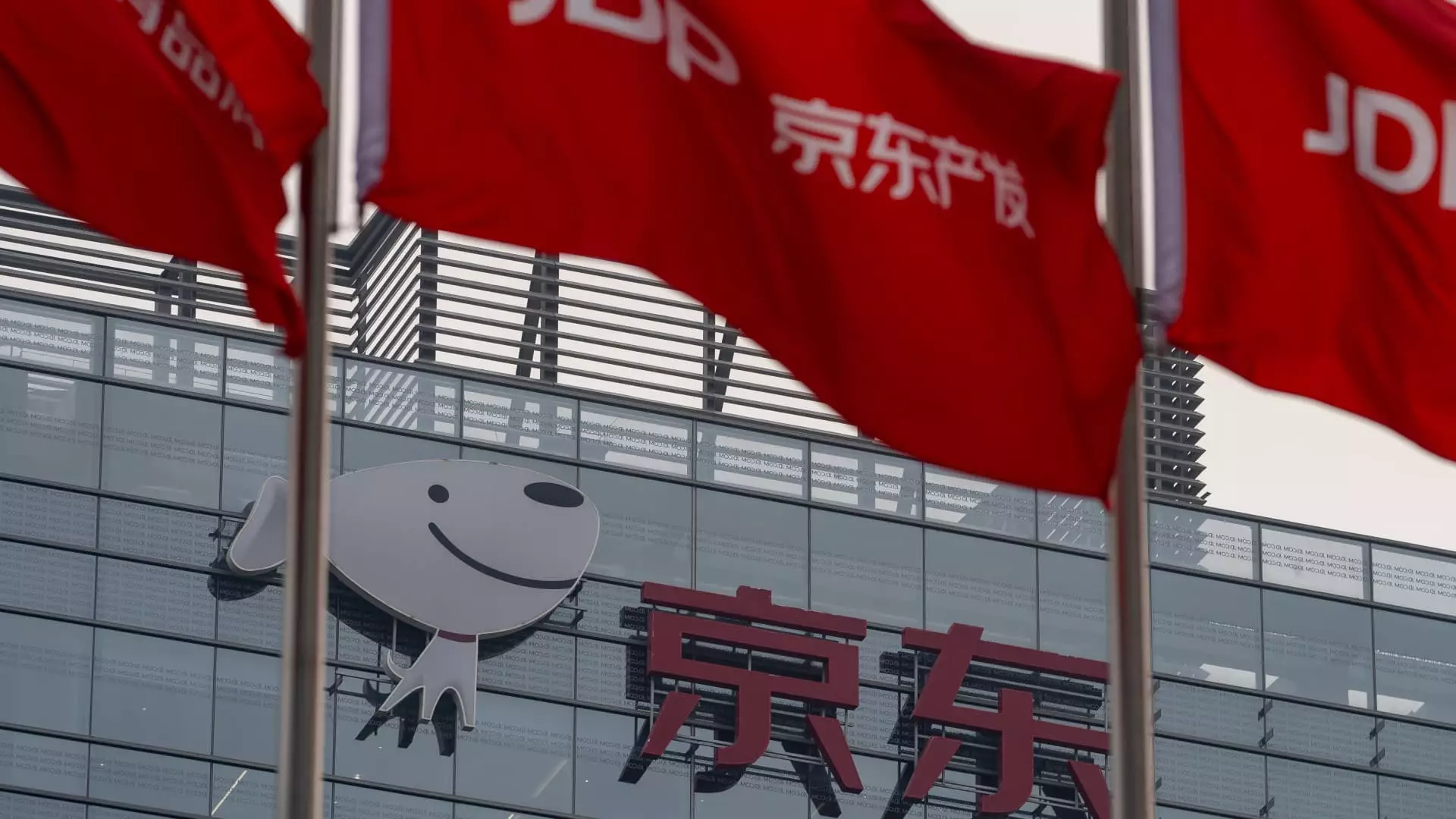JD.com, a prominent Chinese online retailer, recently announced a $5 billion buyback, leading to a 1.2% increase in its Hong Kong-listed shares. This positive response contrasted with the overall decline in the Hang Seng index, indicating investor confidence in the company’s strategic move. Similarly, JD.com’s U.S. listed shares rose by 2.24% following the announcement, despite a year-to-date drop of approximately 20% for both markets.
The decision to initiate a share buyback is a common practice among Chinese companies facing low share prices and growth prospects in response to challenging market conditions. The recent increase in share buyback programs by Chinese e-commerce players like Vipshop reflects a broader trend within the industry. The sluggish domestic economy has posed significant challenges for China’s e-commerce sector, as evidenced by the underwhelming second-quarter results of major players like Alibaba and Pinduoduo.
In light of JD.com’s buyback announcement, Chelsey Tam, a senior equity analyst at Morningstar, noted the unsurprising nature of the decision given prevailing market conditions. This move reflects a strategic response to the current downturn in share prices and the overall economic challenges facing the e-commerce sector in China. The market response to JD.com’s buyback highlights the importance of such initiatives in bolstering investor confidence and supporting stock performance in uncertain times.
The comparison between JD.com’s buyback and Alibaba’s $25 billion share repurchase following disappointing revenue results underscores the strategic importance of such actions in restoring market confidence and signaling a commitment to long-term growth. As Chinese e-commerce firms navigate a complex economic landscape, share buybacks have emerged as a crucial tool for addressing market volatility and improving shareholder value.
The recent surge in share buyback programs among Chinese e-commerce companies reflects a broader trend within the industry driven by economic challenges and market uncertainties. JD.com’s strategic move to repurchase shares demonstrates the company’s proactive approach to enhancing shareholder value and navigating turbulent market conditions. As investors and analysts assess the implications of these initiatives, the role of share buybacks in shaping the future trajectory of Chinese e-commerce companies remains a topic of increasing significance.

